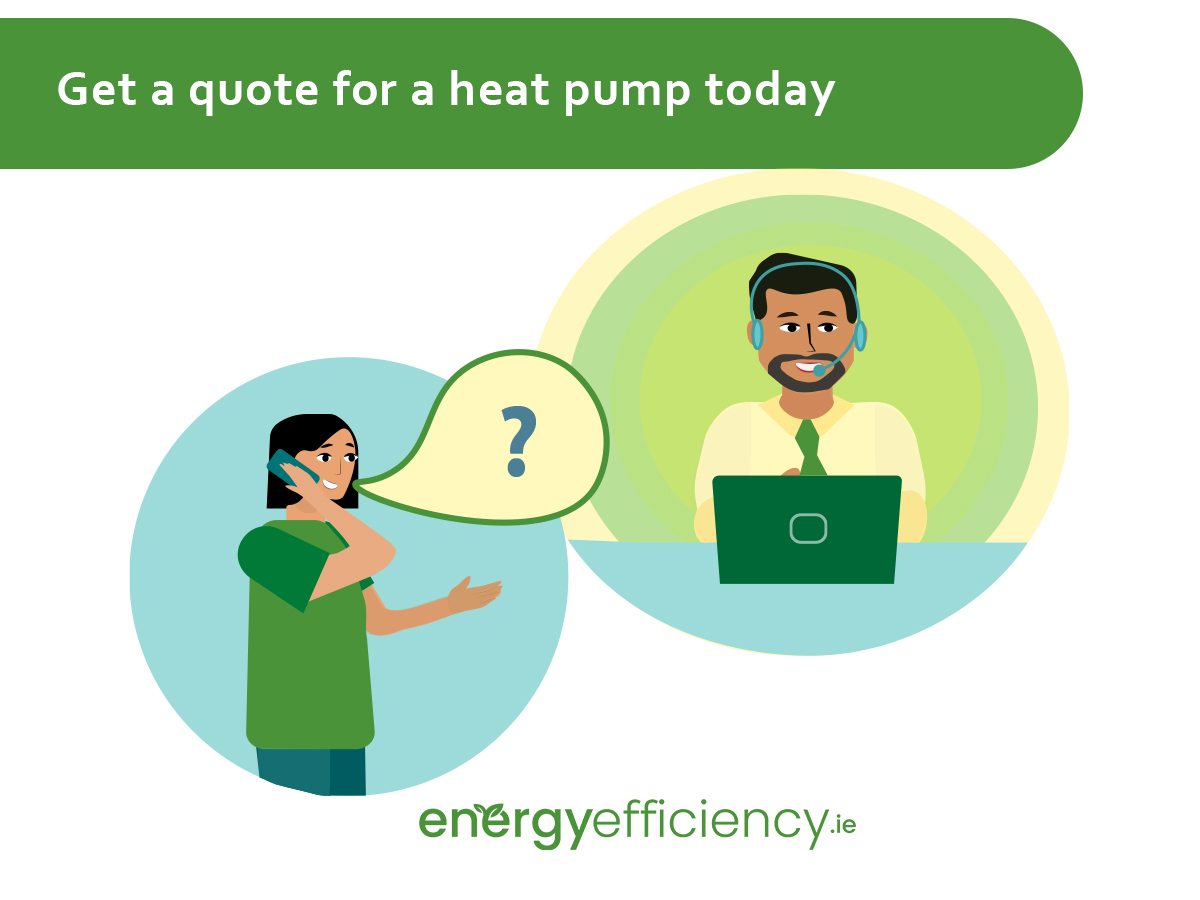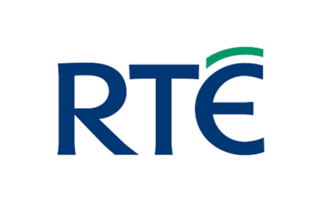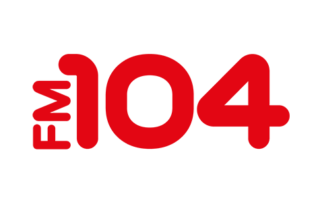Heats Pumps are an increasingly popular choice for Irish homeowners to provide their heating and hot water needs at a low cost and with next to no environmental footprint.
Ireland’s Climate Action Plan calls for 400,000 homes to be retrofitted with heat pumps by 2030, with all properties to have a goal of a B2 BER. Another 280,000 heat pumps are to be installed in new dwellings by the same time.
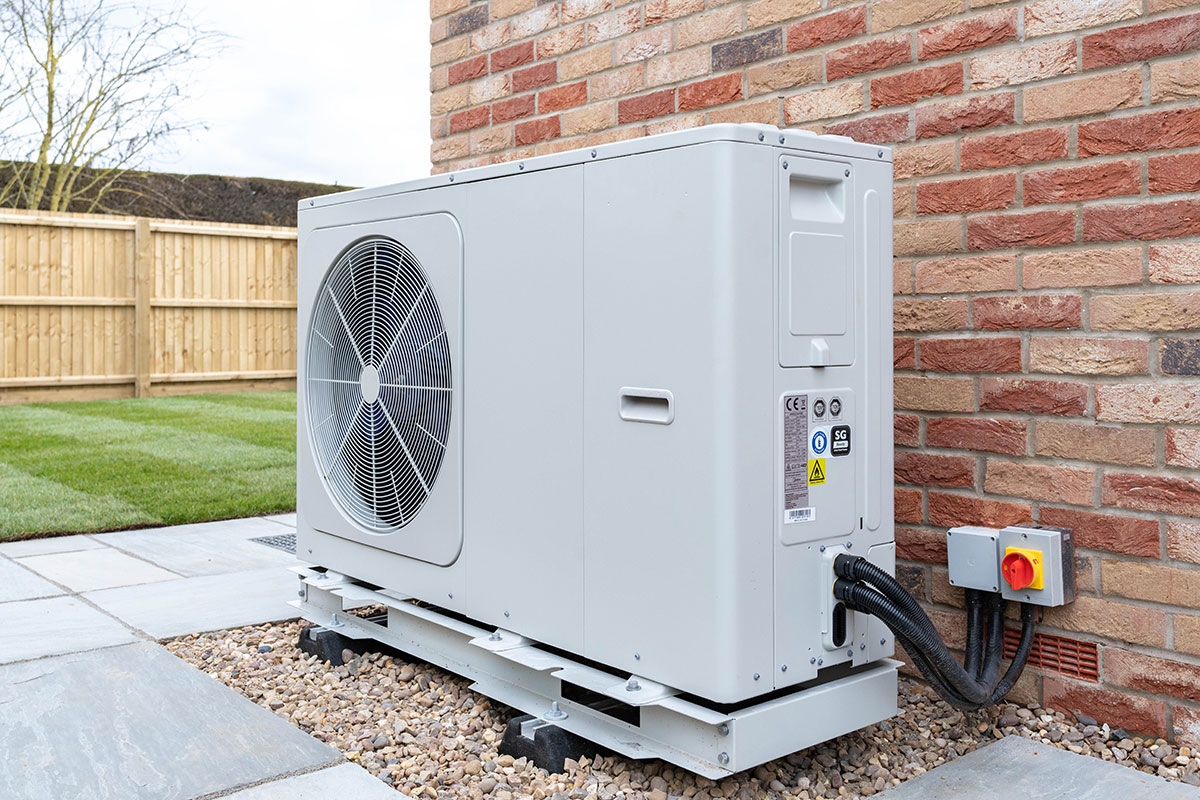
The key takeaways:
Table of Content
What is a Heat Pump
A heat pump is a device for regulating the temperature in your home by drawing heat in from an external source such as the air or ground outside and bringing it into a home or other property.
A heat pump can be used to heat a property by sending hot water through radiators or underfloor heating, or by directly heating the air. A system that heats water instead of air can also be used to provide hot water.
Heat Pumps are highly efficient ways of producing heat. For every unit of electricity used, they draw in three units of free energy from outside, delivering a total of four units of heat to your home.
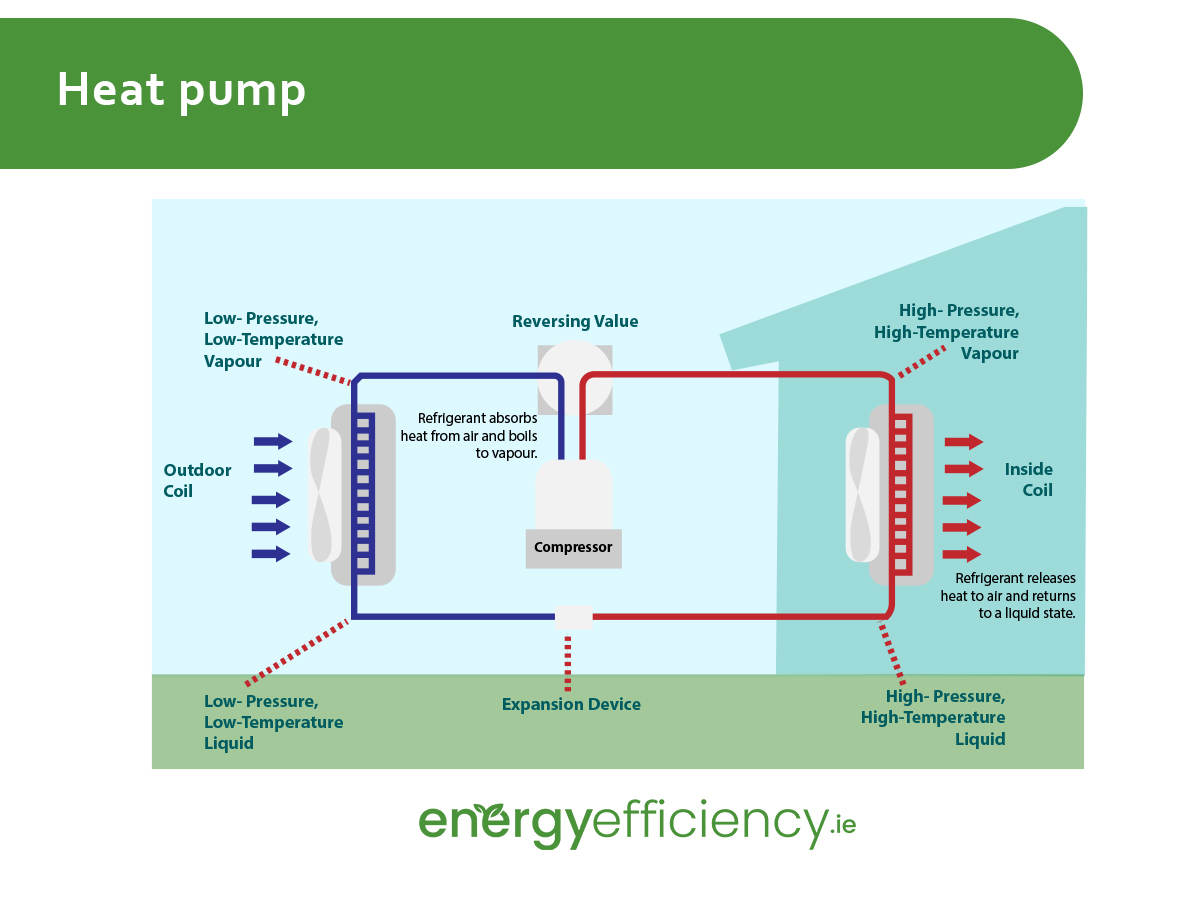
How Does a Heat Pump Work
The vast majority of heat pump systems work by extracting heat from an external source; air, the ground, or water, and using it to heat water which is then circulated through radiators, underfloor heating, or sent to a hot water tank.
The heat from an external source raises the temperature of a refrigerant liquid, causing it to turn into a gas. This then passes through a compressor in the central unit, which increases the pressure on the refrigerant. This raises its temperature further into something usable in your home.
The refrigerant then passes through a heat exchanger to create hot water or air for use inside the home. Lower in temperature again, it then cycles back into the system to be reused.
Types of Heat Pumps
The different types of heat pump systems available in Ireland can be divided up based on the source of the heat they are extracting, and how it will be put to use in your property.
The three main types of heat pumps are Air Source, Ground Source, and Water Source pumps, which draw heat from these respective areas.
Air Source heat pumps are further divided into Air to Air and Air to Water heat pumps, which differ based on whether they are used to heat the air within rooms, or water in radiators and underfloor heating.
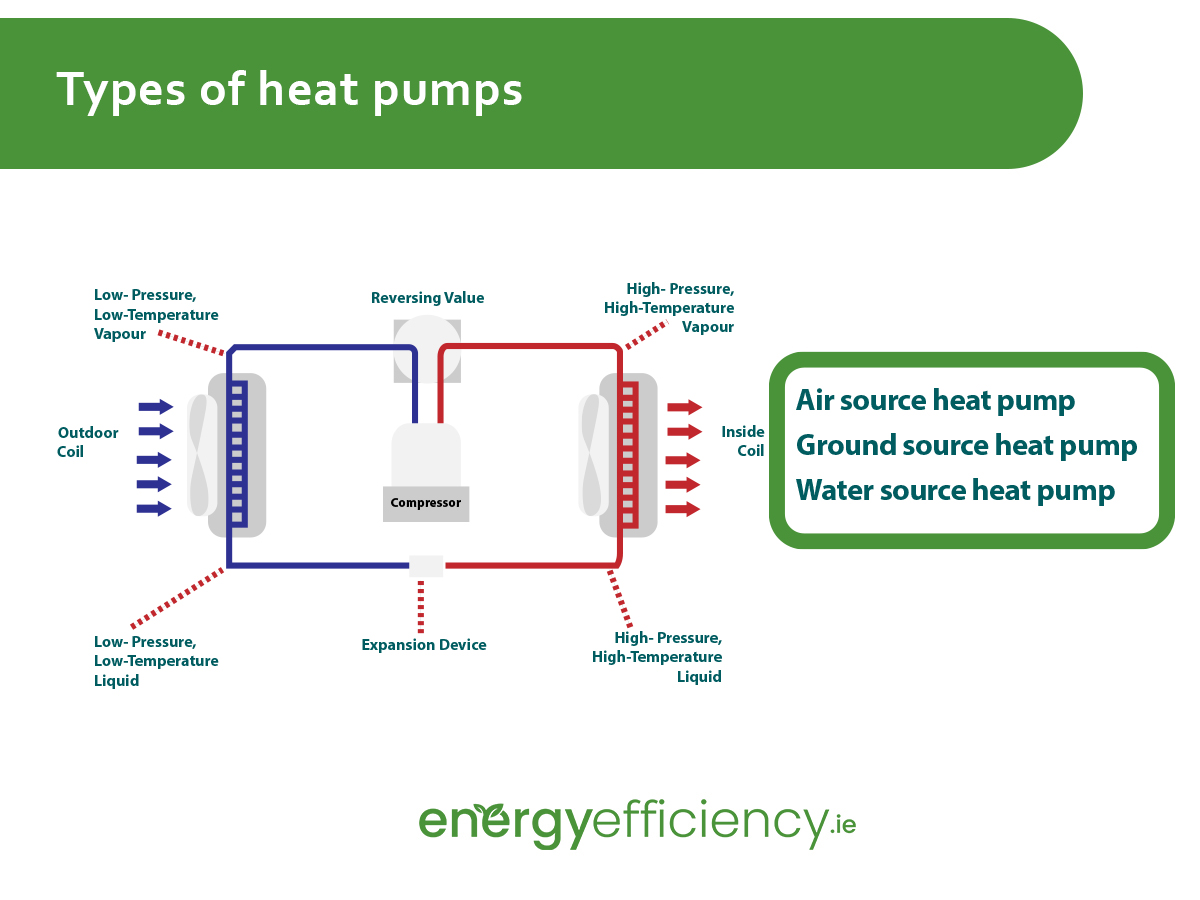
Heat Pump Installation
Installing a heat pump will vary in complexity and expense depending on the system being used. All heat pumps have an internal unit, which should ideally be placed in the utility room or close to where the hot water is being used.
Air Source heat pumps have the simplest installation, as all the require is an external unit which takes up little space and can be located close to the property.
Ground and water source heat pumps will have more complicated and expensive installation, as they require extensive piping which must be connected to the internal unit.
In most cases, the existing radiators in a property will not need to be replaced, though it can vary and this is something which you should check with the contractor. Heat pumps are most efficient, however, when working with underfloor heating.
The hot water tank in your property is may also need to be replaced if the heating coils are not suitable for working with a heat pump.
Before getting a heat pump installed on an existing house, it would be advisable to get a technical assessment of whether or not it is suitable. If your house is not well insulated, the heat pump will be very inefficient at heating the space. It may also not qualify for SEAI grant funding.
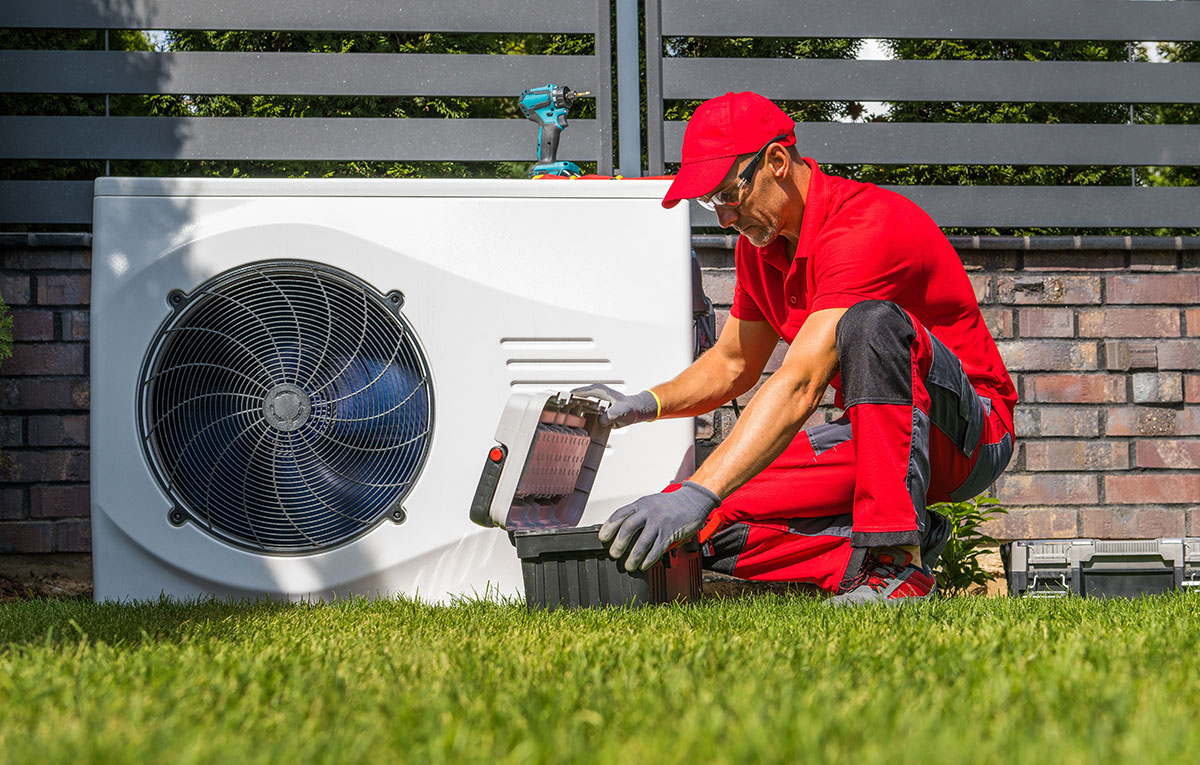
Heat Pump Cost in Ireland
How much a heat pump will set you back depends on the type of system being installed, and the size of your home. Air Source heat pumps are typically the cheapest variety due to their smaller size and simplicity compared with ground and water source units.
A more expensive and powerful system will also be needed depending on the size of the space which is to be heated.
All of the costs below can be cut significantly for homeowners by SEAI grants of up to €6,500, which can reduce the final bill by as much as half.
Air Source Heat Pumps will typically cost in the region of €3,000 – €12,000 for the hardware, with added installation costs bringing the total price to around €10,000 – €19,000. But that is before taking into account how much a grant can slash from that price.
Ground and Water Source Heat Pumps will be more expensive on the hardware and installation side, with the need for digging or drilling to lay more extensive pipework underground, or running it from the chosen water source.
Digging down is more expensive than laying a horizontal loop of pipe in the ground, but may also be the only viable choice if you don’t have a large garden. Depending on the size of the loop or the depth of the borehole, ground source heat pumps will typically have a cost of €15,000 – €28,000.
Heat Pump Running Costs
Depending on the system you have installed, running a heat pump will cost in the region of €500 – €1,000 a year in Ireland. Ground Source heat pumps tend to be around 20% more efficient than air source units due to the more stable temperature of the ground, making them cheaper to run.
Heat Pump Grants
The government is very keen to push heat pumps as an environmentally friendly technology. As a result, there are multiple sources of grant funding for homeowners and businesses to have heat pumps installed.
The SEAI is the primary source of grants for private homeowners, offering between €3,500 and €6,500 depending on the type of heat pump being installed, and the size of the property.
There are other sources of grant funding for businesses to have heat pumps installed for commercial premises or industrial purposes.
Funding is available from the SEAI-operated Support Scheme for Renewable Heat, which can cover up to 40% of the cost of a project.
The Local Enterprise Office Energy Efficiency Grant offers up to €5,000 for heat pumps being installed for manufacturing heating processes. Heat pumps which are only used for heating a premises are not eligible for this grant.
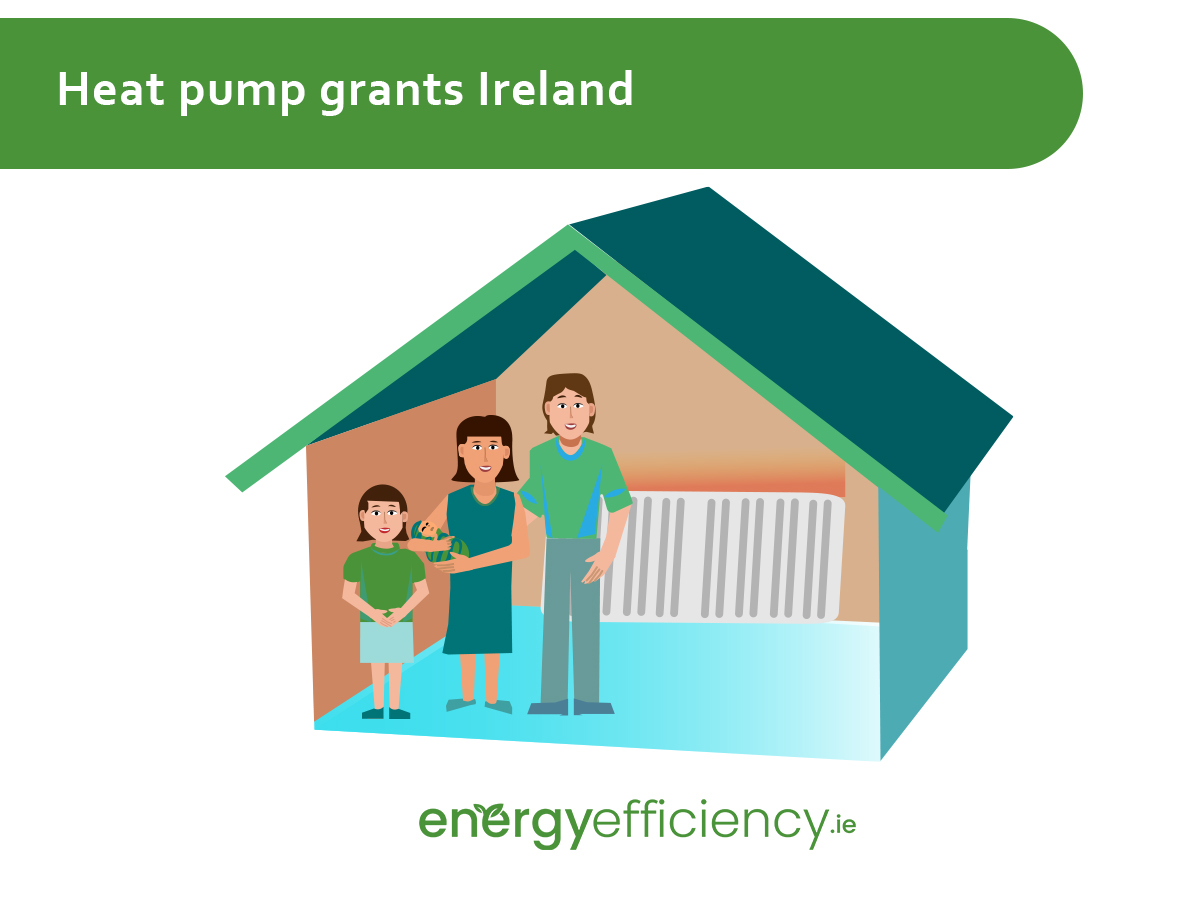
Benefits of a Heat Pump in Your Home
Having a heat pump installed in your home can accrue multiple financial and environmental benefits in both the short and long term.
FAQs
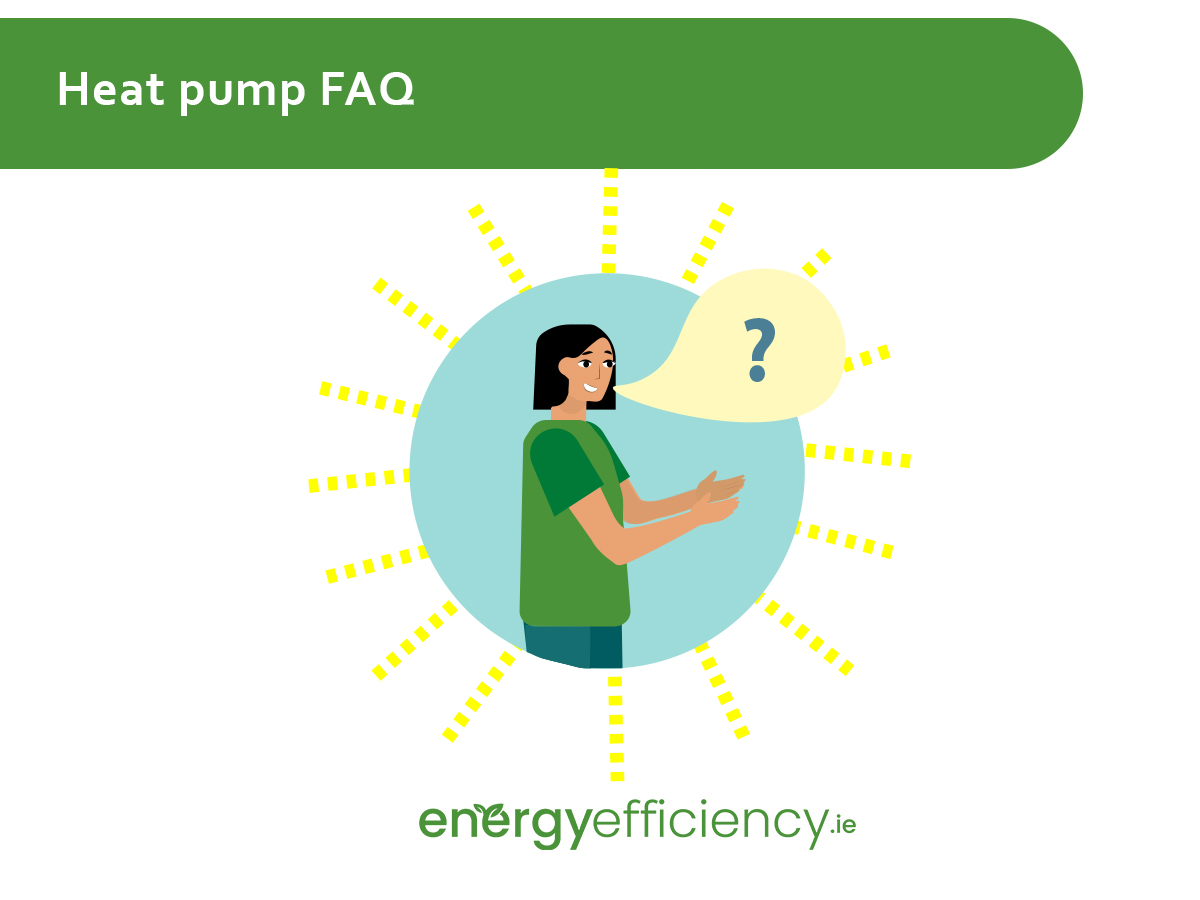
Learn more about heat pumps for your home
Energy Efficiency are Ireland’s leading experts on all things home heating. Speak with a member of our team for a free consultation. They will find the best possible quote on the market for you.
